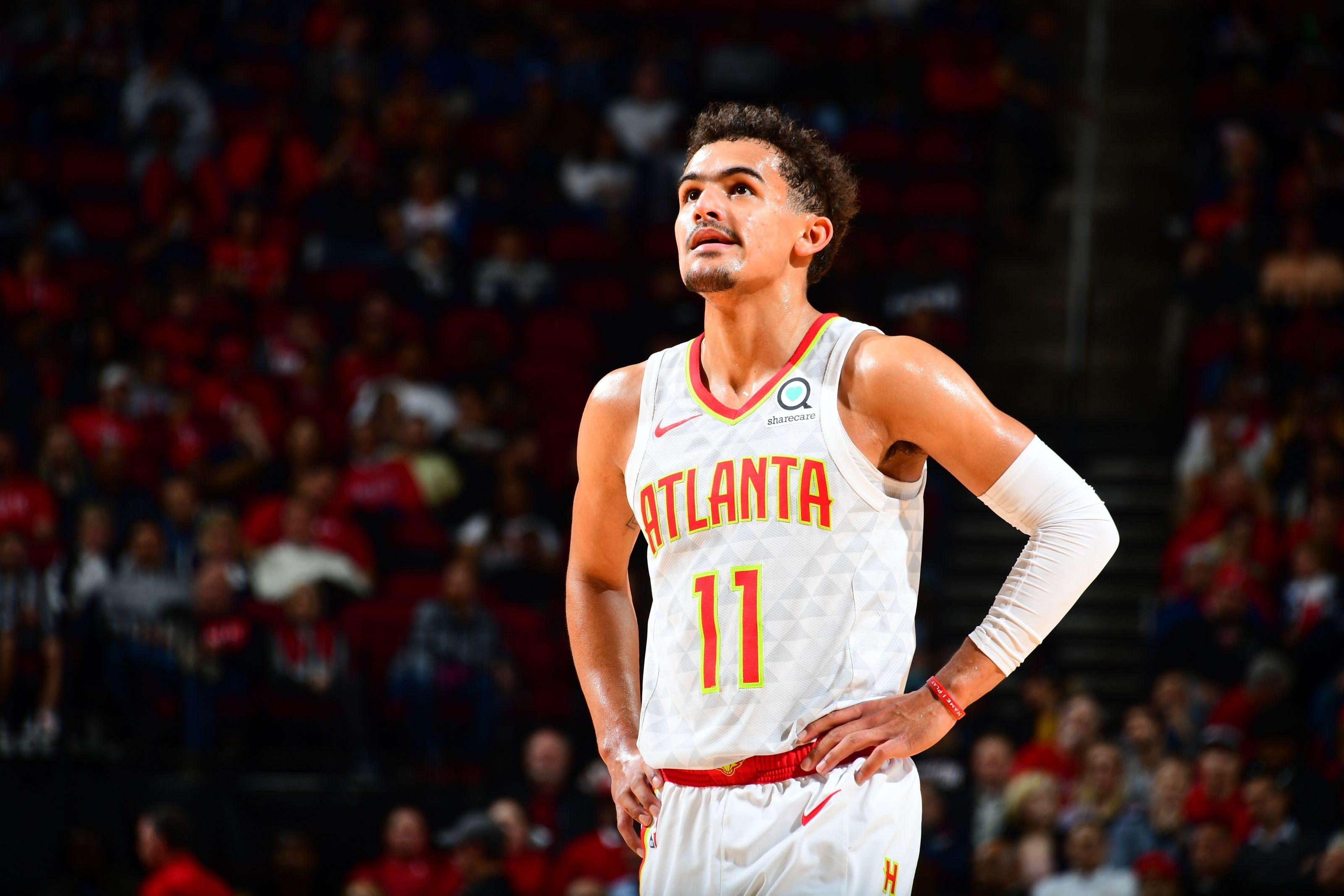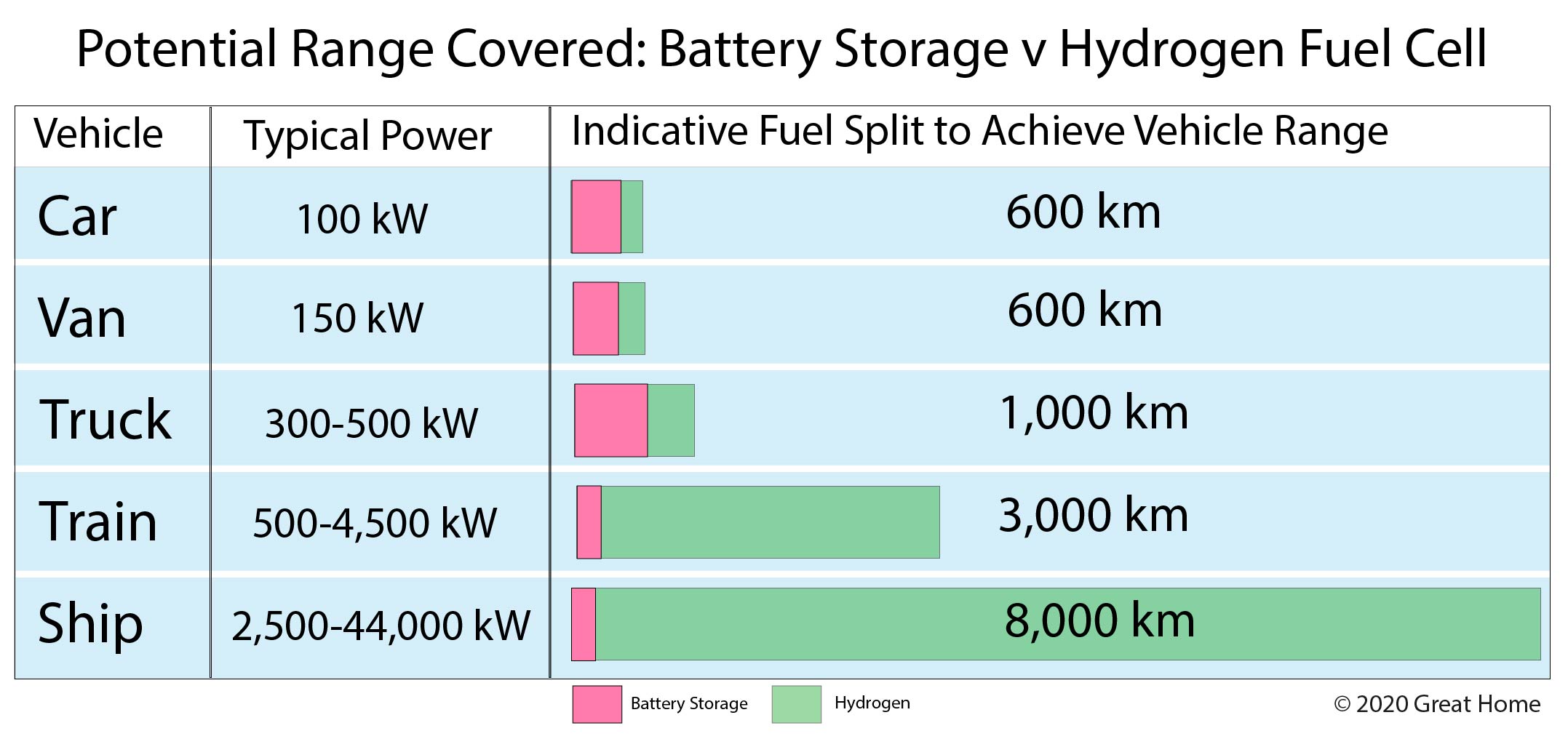Trae Young's Travel: Highlighting Inconsistent Refereeing In The NBA

Table of Contents
Defining the "Travel" Violation in the NBA
Understanding the nuances of a traveling violation is crucial to assessing the controversies surrounding Trae Young's game. According to the NBA rulebook, a player travels when they take more than one step without dribbling the ball. This seemingly simple rule is incredibly complex in practice. The definition includes:
- Gathering the ball: Once a player stops dribbling, they are only permitted one pivot foot. Any additional steps constitute a travel.
- Illegal movement: Moving one's pivot foot while the ball is in hand is a travel.
- The 'common sense' aspect: While the rules are outlined, referees have discretion to judge "excessive movement" which can be subjective and lead to inconsistency.
The subjective nature of these calls, compounded by the fast-paced nature of the game, makes consistent refereeing an immense challenge. The NBA rulebook itself acknowledges this ambiguity, leading to frequent disagreements among players, coaches, and fans. Keywords like NBA rules, traveling violation, basketball rules, referee calls are all crucial in accurately reflecting the topic.
Case Studies: Analyzing Controversial Trae Young Travel Calls (or Non-Calls)
Let's analyze some specific instances where the interpretation of "Trae Young's Travel" has been highly debated:
Game 1 Example: The Atlanta Hawks vs. The Milwaukee Bucks
During a crucial fourth-quarter possession against the Milwaukee Bucks, Trae Young executed a series of dribble moves, culminating in a contested shot. Many argued that a travel should have been called; the lack of a whistle was immediately perceived as controversial. [Insert Video Link Here if available]. Slow-motion replays revealed ambiguous footwork, leaving room for differing interpretations. Some commentators agreed with the no-call, highlighting the difficulty of making a definitive judgment in real-time. Others argued the referee missed a clear travel. Controversial calls, game-changing moments, replay analysis are key elements in understanding this specific example.
Game 2 Example: The Atlanta Hawks vs. The Philadelphia 76ers
In a game against the Philadelphia 76ers, a similar situation occurred, but this time, a travel was called on Trae Young. This call, however, appeared to be much less egregious than some non-calls in other games. The inconsistency between the two situations highlighted the broader issue of varying standards of officiating. The debate here centers around inconsistent officiating, referee bias, and NBA controversies, suggesting a lack of uniform application of the rules.
The Impact of Inconsistent Officiating on Players and the Game
Inconsistent officiating undermines the integrity of the game. It affects:
- Player Morale: Players are frustrated by inconsistent calls, potentially impacting their focus and performance.
- Game Integrity: A lack of consistency erodes trust in the officiating system, leading to skepticism about game outcomes.
- Coaching Strategies: Coaches must adjust their strategies based on perceived referee biases, creating an uneven playing field.
- Player Development: Inconsistency makes it difficult for players to learn and refine their moves without the fear of an unpredictable whistle.
The perceived potential for bias, whether real or imagined, further complicates this issue. The terms player performance, game integrity, officiating bias, and NBA officiating are crucial for framing the negative impact of inconsistent calls.
Potential Solutions and Improvements to NBA Officiating
Addressing this issue requires a multi-pronged approach:
- Enhanced Referee Training: More rigorous training, focusing on consistent application of rules, is essential.
- Improved Technology: Implementing instant replay review for travel calls could help reduce inconsistency and improve accuracy.
- Rulebook Clarification: Revising the rulebook to offer clearer definitions and guidelines for referees could minimize ambiguity.
The integration of technology, while potentially costly and complex, could significantly enhance the accuracy of officiating. Keywords like NBA officiating improvements, referee training, instant replay, and rulebook changes highlight the various solutions needed to improve the quality of refereeing.
Conclusion: Addressing the Issue of Trae Young's Travel and Inconsistent NBA Refereeing
This analysis of "Trae Young's Travel" highlights the broader challenge of inconsistent officiating in the NBA. The subjective nature of travel calls, combined with the fast-paced nature of the game, creates a significant hurdle for referees. Fair and consistent officiating is paramount for maintaining the integrity and credibility of the NBA. Addressing this challenge through enhanced training, technology, and rulebook clarifications is crucial for the long-term health of the league. What are your thoughts on Trae Young's travel calls and the broader issue of inconsistent officiating in the NBA? Share your comments below!

Featured Posts
-
 Ripples Xrp Surge Can It Sustain Momentum To 3 40
May 07, 2025
Ripples Xrp Surge Can It Sustain Momentum To 3 40
May 07, 2025 -
 Mick Jagger No Oscar Brasileiros Temem Pe Frio
May 07, 2025
Mick Jagger No Oscar Brasileiros Temem Pe Frio
May 07, 2025 -
 Hydrogen Vs Battery Buses A European Transit Comparison
May 07, 2025
Hydrogen Vs Battery Buses A European Transit Comparison
May 07, 2025 -
 Zasieg Publikacji 5 Najlepszych Tekstow Jacka Harlukowicza Z Onetu W 2024
May 07, 2025
Zasieg Publikacji 5 Najlepszych Tekstow Jacka Harlukowicza Z Onetu W 2024
May 07, 2025 -
 The Glossy Mirage A Critical Analysis
May 07, 2025
The Glossy Mirage A Critical Analysis
May 07, 2025
